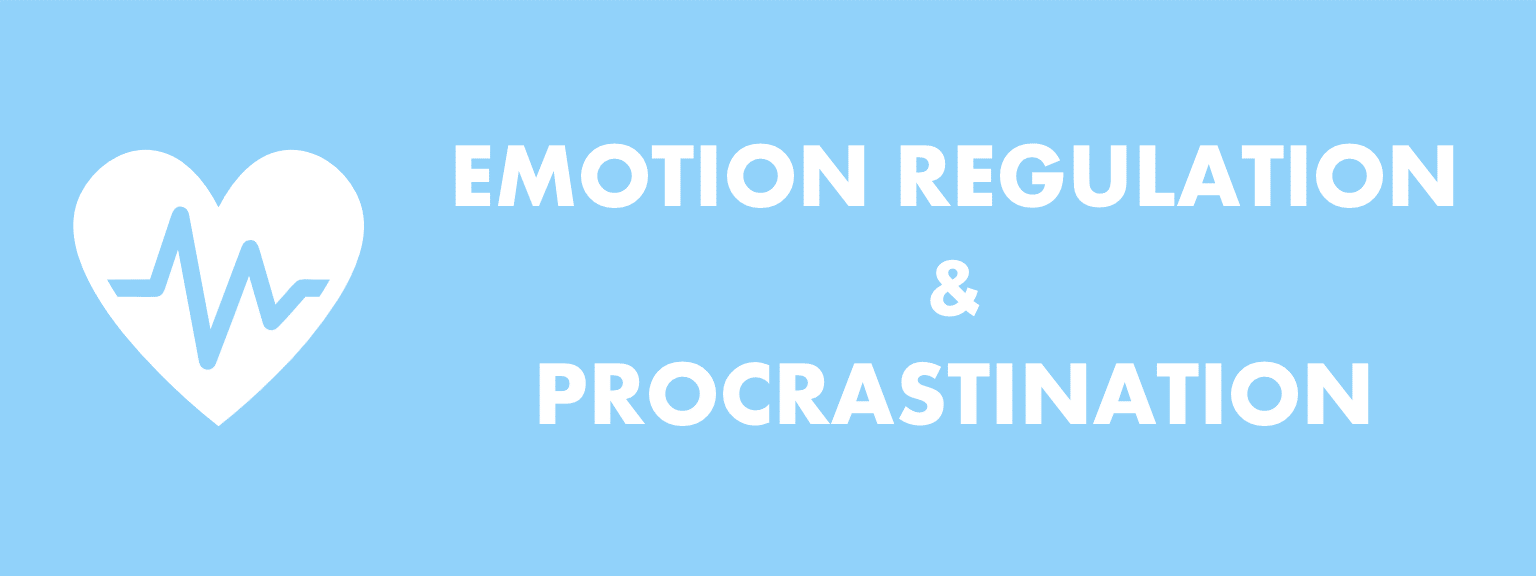Procrastination Theories: The Psychological Frameworks for Explaining Procrastination
Procrastination is the act of unnecessarily postponing decisions or actions. For example, if someone delays working on an assignment until right before its deadline for no good reason, despite intending to work on it earlier, that person is procrastinating. Procrastination is a common phenomenon, which chronically affects approximately 20% of adults and 50% of college students. It’s associated with various …









